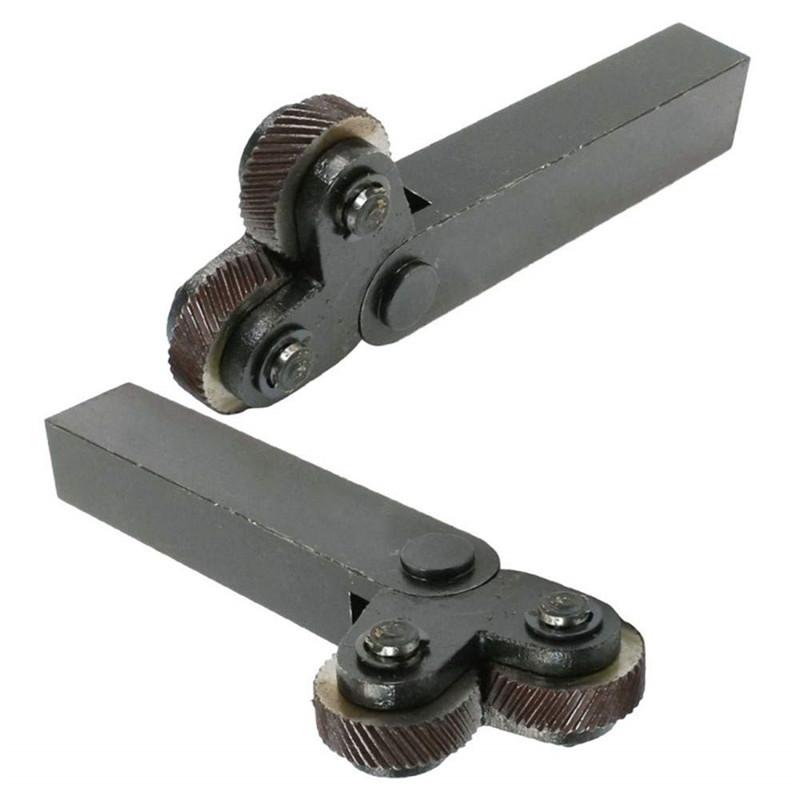Micrometer Manufacturers
Micrometers are precision instruments used for accurate measurements of small objects. Selecting the right micrometer manufacturer is crucial for ensuring the quality and reliability of your measurements. This guide explores the key factors to consider when choosing a micrometer manufacturer, including product range, accuracy, materials, certifications, and customer support, to help you make an informed decision.
Understanding Micrometers
Before diving into manufacturers, let's establish a basic understanding of micrometers. A micrometer, also known as a screw gauge, uses a calibrated screw for precise measurement. Common types include:
- Outside Micrometers: For measuring the external dimensions of objects.
- Inside Micrometers: For measuring the internal dimensions of holes.
- Depth Micrometers: For measuring the depth of holes and recesses.
- Digital Micrometers: Offer digital displays for easier reading and higher accuracy.
Key Considerations When Choosing a Micrometer Manufacturer
Selecting the right micrometer manufacturer requires careful consideration of several factors. Here's a detailed breakdown:
Product Range and Specialization
Consider the manufacturer's product range. Do they offer a wide variety of micrometers to suit different applications? Some manufacturers specialize in specific types, such as digital micrometers or micrometers for specific industries. For example, Wayleading Tools offers a comprehensive range of measuring tools, including various types of micrometers to meet diverse needs.
Accuracy and Precision
Accuracy is paramount. The manufacturer should provide clear specifications for the accuracy and resolution of their micrometers. Look for micrometers that meet relevant industry standards, such as ISO or ANSI. A high-quality micrometer ensures reliable and consistent measurements.
Material and Durability
The materials used in the construction of the micrometer influence its durability and longevity. High-quality micrometers are typically made from hardened steel or carbide. The spindle and anvil should be resistant to wear and corrosion. Consider the environment in which the micrometer will be used and choose a material that is appropriate.
Certifications and Compliance
Certifications, such as ISO 9001, indicate that the manufacturer has a quality management system in place. These certifications provide assurance that the micrometers are manufactured to consistent standards. Compliance with industry-specific regulations may also be important, depending on your application.
Customer Support and Service
Reliable customer support and service are essential. The manufacturer should offer technical support, calibration services, and repair services. Check for warranties and return policies. Positive reviews and testimonials from other customers can be a good indicator of the manufacturer's reputation. Contacting micrometer manufacturers directly is always a good option to find out more about their service.
Top Micrometer Manufacturers
While a comprehensive list is beyond the scope of this article, here are some well-regarded micrometer manufacturers known for their quality and reliability. Please note this is not an exhaustive list, and further research is recommended based on your specific needs.
- Mitutoyo: Known for its high-precision measuring instruments, including a wide range of micrometers.
- Starrett: A reputable manufacturer of precision tools, including micrometers.
- Brown & Sharpe: Offers a variety of measuring instruments, including micrometers.
- Mahr: Specializes in dimensional metrology and offers high-quality micrometers.
- TESA Technology: Part of Hexagon Metrology, offers a range of precision measuring instruments.
Digital vs. Analog Micrometers: A Comparison
The choice between digital and analog micrometers depends on your specific needs and preferences. Here's a comparison:
| Feature | Digital Micrometer | Analog Micrometer |
|---|---|---|
| Reading | Digital display, easier to read | Requires interpretation of scale markings |
| Accuracy | Potentially higher accuracy | Accuracy depends on user's skill |
| Features | Data output, preset functions, unit conversion | Simpler design, no batteries required |
| Cost | Generally more expensive | Generally less expensive |
Applications of Micrometers
Micrometers are used in a wide range of industries and applications, including:
- Manufacturing: Quality control, precision machining.
- Automotive: Engine assembly, component inspection.
- Aerospace: Aircraft manufacturing, quality assurance.
- Electronics: Measuring small components, circuit board assembly.
- Medical Devices: Ensuring precise dimensions of medical instruments.
Maintenance and Calibration
Regular maintenance and calibration are crucial for ensuring the accuracy and longevity of your micrometer. Clean the micrometer regularly to remove dirt and debris. Store it in a protective case to prevent damage. Calibrate the micrometer periodically using gauge blocks or other reference standards. Many micrometer manufacturers offer calibration services.
Conclusion
Choosing the right micrometer manufacturer is a critical decision that affects the accuracy and reliability of your measurements. Consider the factors outlined in this guide, including product range, accuracy, materials, certifications, and customer support. By carefully evaluating your needs and researching different manufacturers, you can find a micrometer that meets your specific requirements. Remember to prioritize quality and reliability to ensure accurate and consistent measurements for years to come. To find more about measuring tools, visit Wayleading Tools.
Related products
Related products
Best selling products
Best selling products-
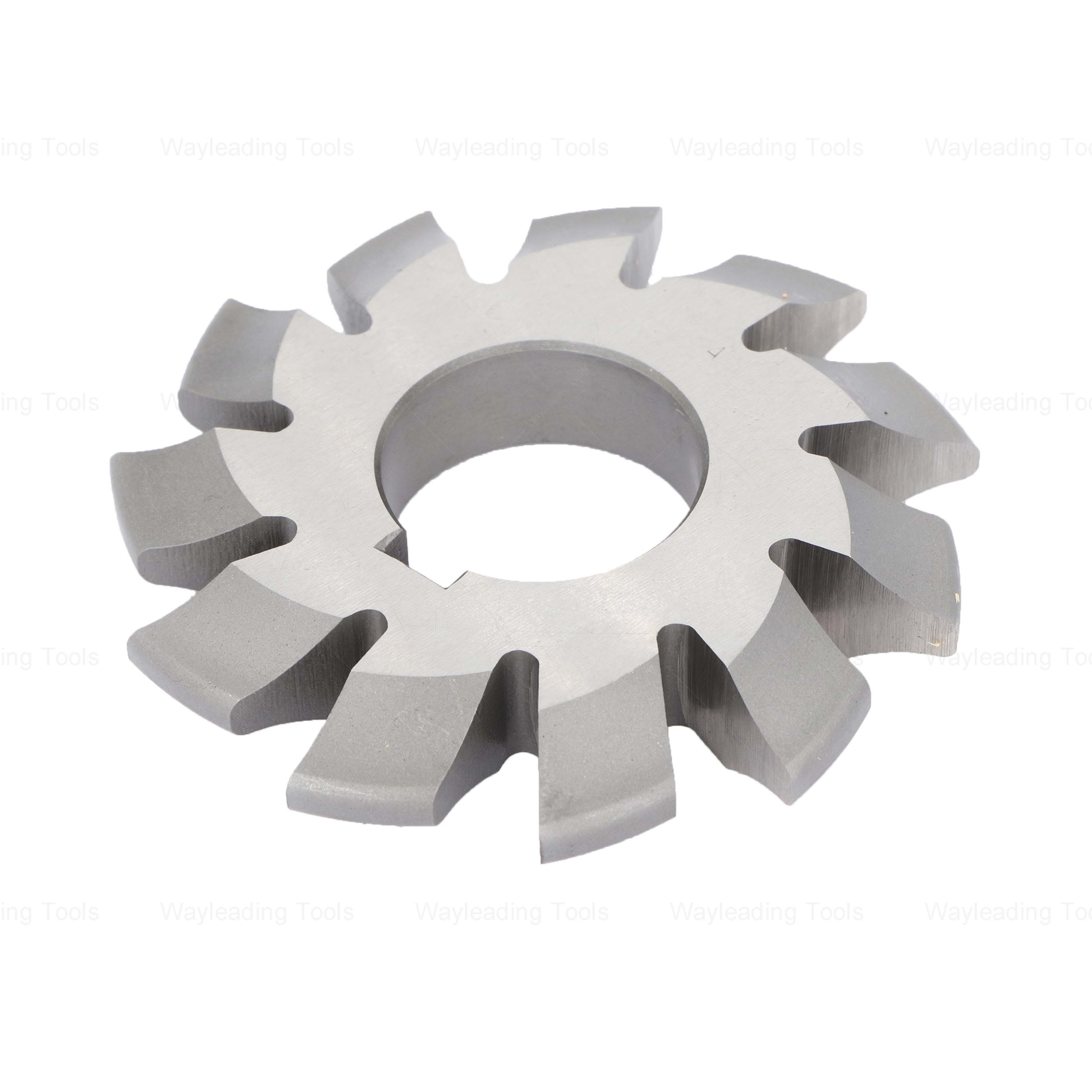 HSS Involute Gear Cutters – Module Type, PA 20° / 14.5°
HSS Involute Gear Cutters – Module Type, PA 20° / 14.5° -
 TCT Annular Cutters With Weldon Shank For Metal Cutting
TCT Annular Cutters With Weldon Shank For Metal Cutting -
 Stub Milling Machine Arbor With NT, R8 and MT Shank
Stub Milling Machine Arbor With NT, R8 and MT Shank -
 Round Die Wrench For Thread Cutting Tools
Round Die Wrench For Thread Cutting Tools -
 DIN333A HSS Center Drills With Milled & Fully Ground Flute
DIN333A HSS Center Drills With Milled & Fully Ground Flute -
 Metric HSS Annular Cutters With Weldon Shank For Metal Cutting
Metric HSS Annular Cutters With Weldon Shank For Metal Cutting -
 Precision Dustproof Dial Caliper Of Double Shock-Proof For Industrial
Precision Dustproof Dial Caliper Of Double Shock-Proof For Industrial -
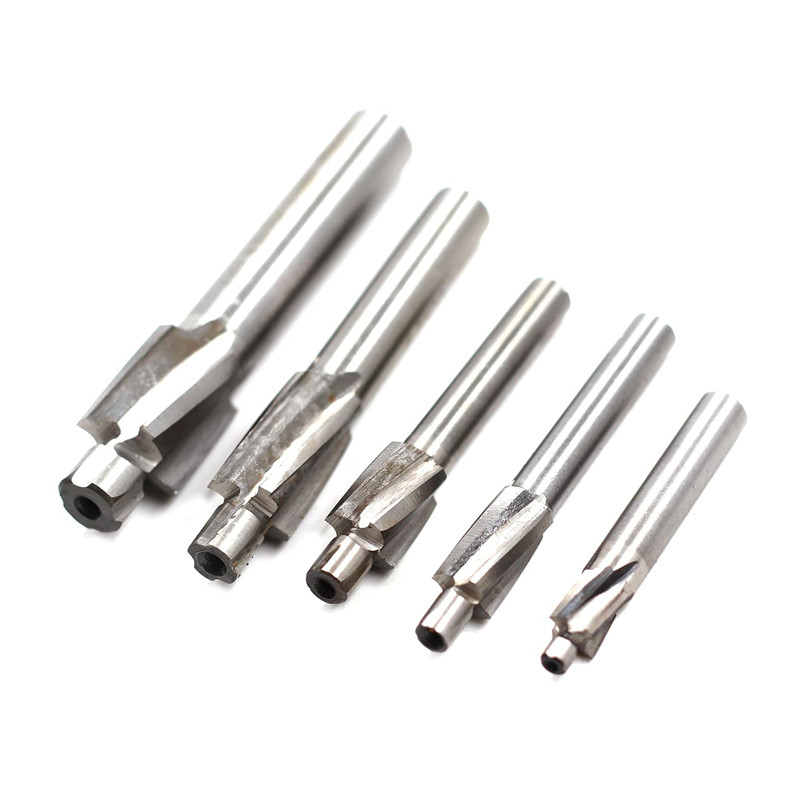 3 Flutes HSS Counterbore Drill Bit With Metric And Inch Size
3 Flutes HSS Counterbore Drill Bit With Metric And Inch Size -
 Precision 17pcs Angle Blocks Set With High Quality Type
Precision 17pcs Angle Blocks Set With High Quality Type -
 Inch Solid Carbide Twist Drill With Internal Coolant & External Coolant
Inch Solid Carbide Twist Drill With Internal Coolant & External Coolant -
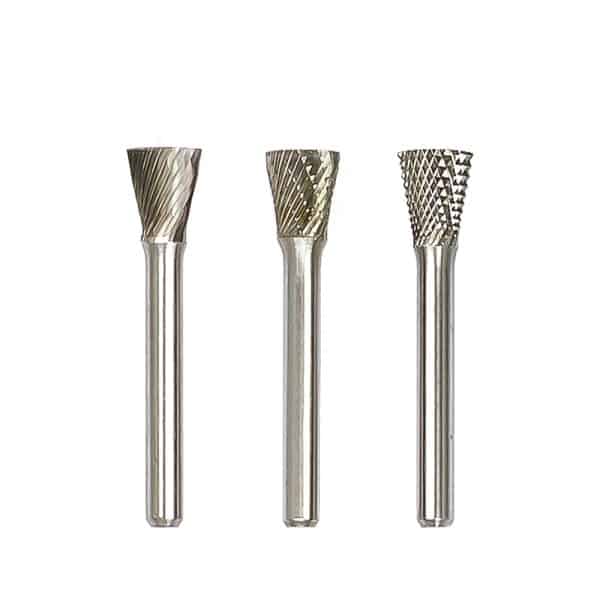 Type N Inverted Cone Tungsten Carbide Rotary Burr
Type N Inverted Cone Tungsten Carbide Rotary Burr -
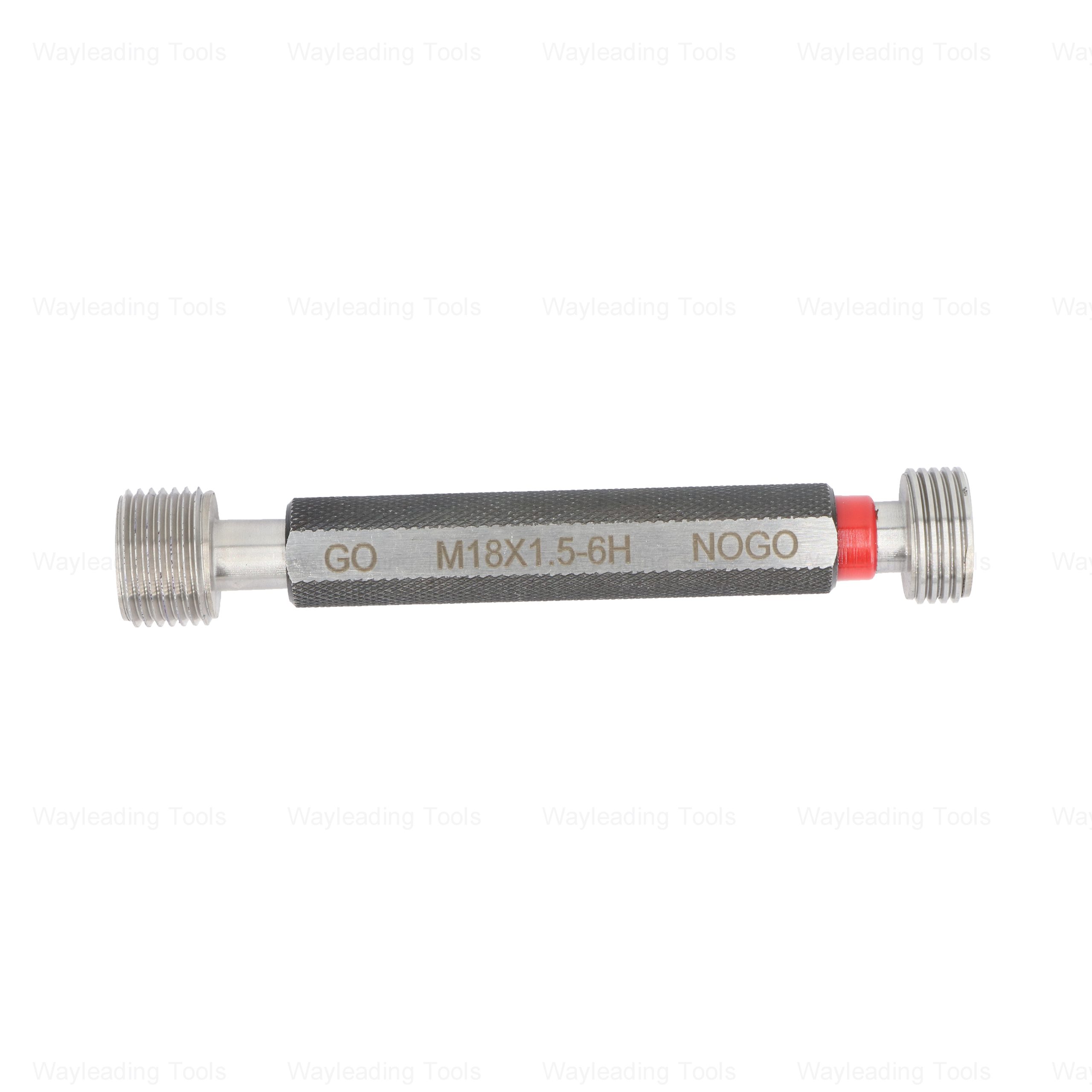 High-Precision Metric Thread Plug Gauge – 6H Class, GO & NO-GO Ends
High-Precision Metric Thread Plug Gauge – 6H Class, GO & NO-GO Ends

